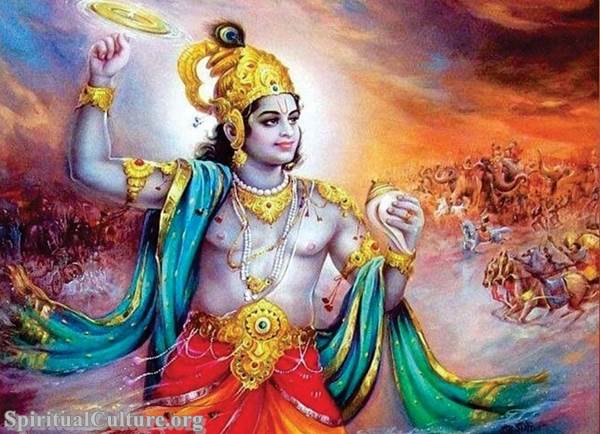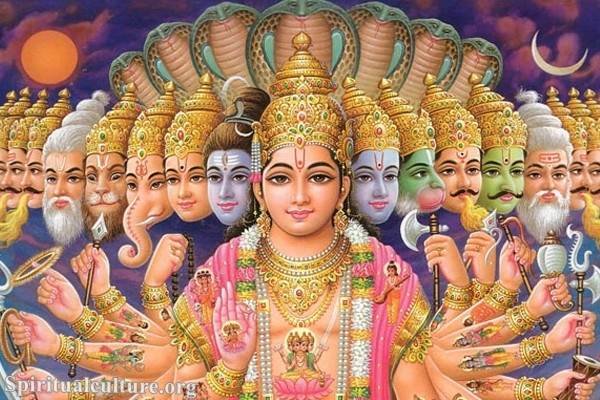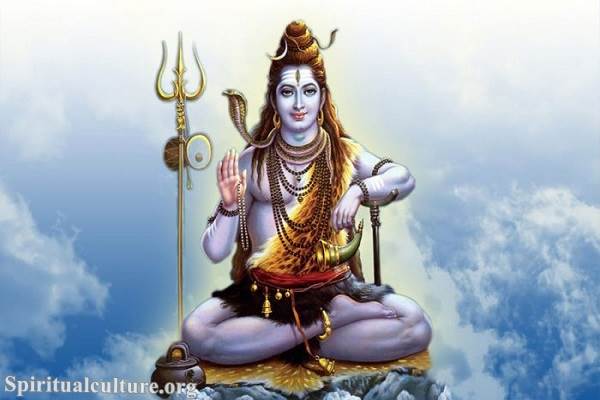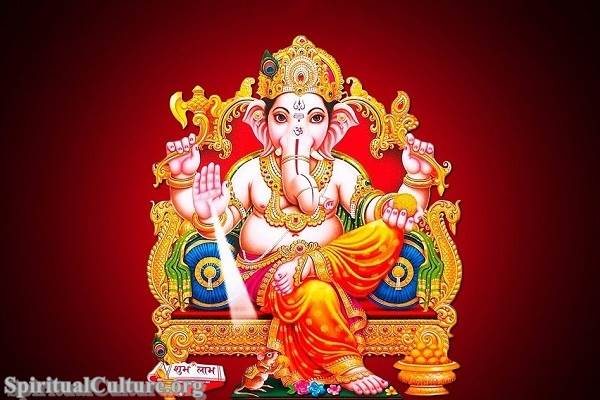Lord Krishna is revered and loved in the pantheon of Hindu deities. Known for his charm, wit, and compelling persona, Krishna is not just a divine figure in Hinduism but also an embodiment of life lessons and philosophical insights. This article explores the different facets of Krishna, the Hindu God, and his significance in Hinduism.
Hinduism: A Brief Overview
Before delving into the persona of Krishna, it is essential to understand the religion he represents – Hinduism. One of the world’s oldest religions, Hinduism is a complex and diverse spiritual tradition with countless gods and goddesses. Despite its multifaceted nature, the central tenets of Hinduism revolve around the concepts of dharma (righteousness), karma (action and consequence), moksha (liberation from the cycle of reincarnation), and yoga (path to realization).

Krishna god.
Krishna: The Supreme God
Among the myriad deities in Hinduism, Krishna is considered a supreme God, often depicted as an enchanting flute player with a peacock feather in his crown. He is an avatar of Lord Vishnu, the preserver and protector of the universe, who descends to earth whenever righteousness wanes. Krishna is the eighth avatar of Vishnu, and his life and teachings profoundly impact Hindu philosophy and practices.
Krishna’s Life and Teachings
Krishna’s life is a rich tapestry of divine play, profound wisdom, and deep love. His birth itself is a tale of divinity, born to Princess Devaki and Vasudeva in the confinement of a tyrannical king. His childhood tales, known as ‘Bal Leela,’ are filled with miraculous events and playful deeds, reflecting his divine powers.
As he grew, Krishna became a charismatic leader, a skilled statesman, and a shrewd strategist. However, he is most revered for his role as the charioteer-counselor of the Pandava prince Arjuna in the great Indian epic, the Mahabharata. In the battlefield of Kurukshetra, Krishna delivered the Bhagavad Gita, one of the most important spiritual texts in Hinduism. The Gita is often called a 700-verse dialogue between Krishna and Arjuna, where Krishna reveals profound philosophical insights about duty, righteousness, detachment, devotion, and the path to spiritual liberation.
Krishna, the Lover
Krishna’s persona is not just limited to his divine powers and philosophical wisdom. He is also celebrated as the divine lover, whose love tales with Radha symbolize the soul’s longing for union with the divine. The ‘Raas Leela,’ Krishna’s cosmic dance with Radha and the gopis (milkmaids), is an allegorical representation of divine love and spiritual union.
Krishna in Hindu Festivals and Traditions
Krishna’s impact on Hindu traditions and festivals is profound. His birth anniversary, Janmashtami, is celebrated with great fervor across India and the world. The festival involves fasting, singing devotional songs, and enacting episodes from Krishna’s life. Similarly, the festival of Holi, the festival of colors, is closely associated with Krishna’s playful antics with Radha and the gopis.
Conclusion
Krishna, the Hindu god, is a multifaceted deity embodying divine love, profound wisdom, and life-affirming playfulness. His teachings, as illustrated in the Bhagavad Gita, provide timeless wisdom that continues to guide millions in their spiritual and worldly pursuits. As a charismatic hero, a wise counselor, a playful child, and a divine lover, Krishna’s persona offers a profound narrative that transcends religious boundaries, making him not just a revered deity in Hinduism but also a globally recognized spiritual icon.



